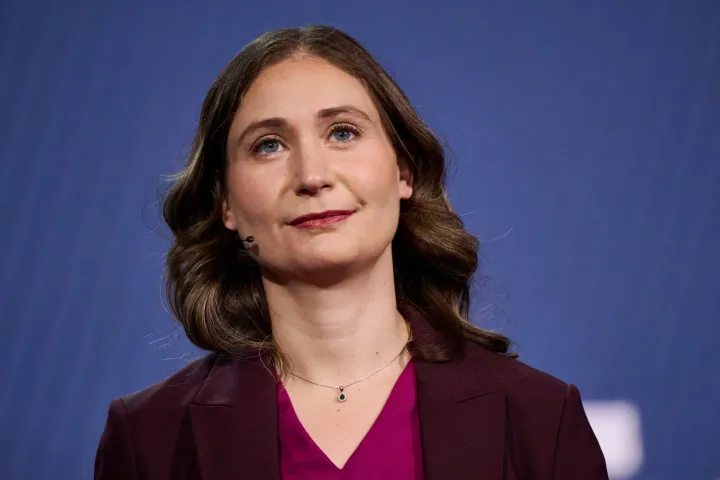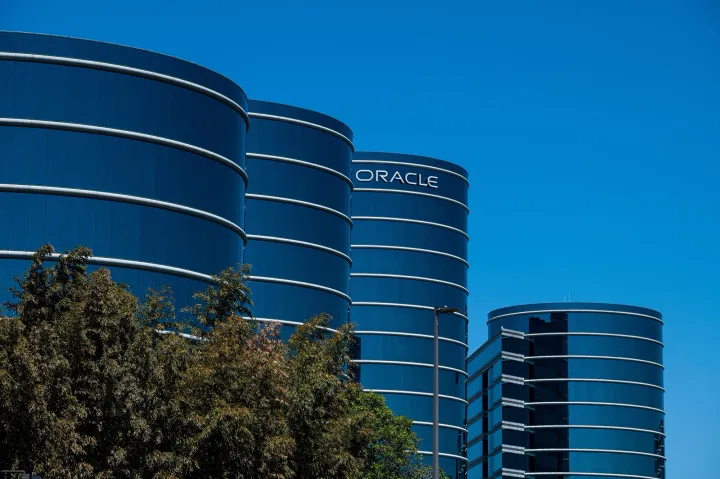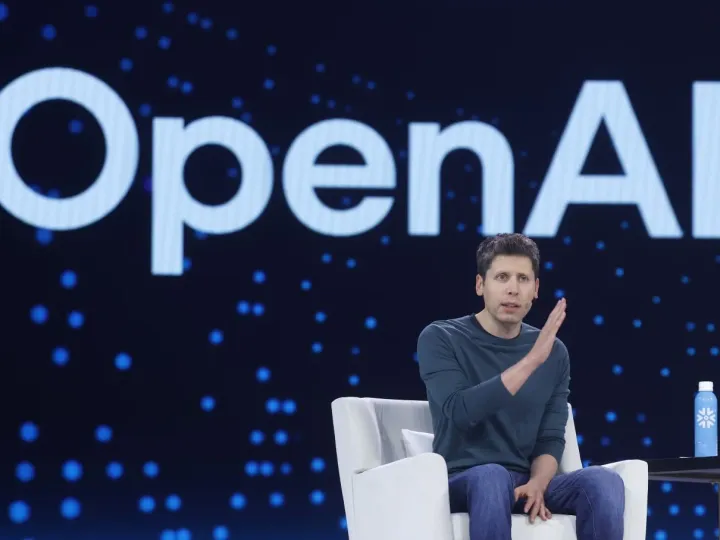AI-Generated Ghibli Images Spark Major Copyright Debate

ChatGPT’s Viral Ghibli-Style Images Spark AI Copyright Controversy
AI-Generated Ghibli Art: A Delight for Fans, a Dilemma for Artists
A new trend has taken social media by storm: AI-generated images in the iconic style of Studio Ghibli, the legendary Japanese animation studio behind classics like Spirited Away and My Neighbor Totoro. While many users have embraced the ability to transform memes and personal photos into Ghibli-style art using ChatGPT’s latest image generator, the trend has also reignited ethical debates about AI’s use of copyrighted artistic styles.
AI Meets Ghibli: A Viral Sensation
On platforms like X (formerly Twitter) and Instagram, users have flooded timelines with AI-generated Ghibli-inspired visuals. Whether it’s a beloved pet, an internet-famous meme, or a portrait of a public figure, ChatGPT’s new image tool effortlessly converts them into whimsical, hand-drawn-like animations reminiscent of Hayao Miyazaki’s masterpieces.
For many, it’s a fun and harmless creative experiment. Entrepreneur Janu Lingeswaran, for instance, was thrilled when he uploaded a picture of his 3-year-old ragdoll cat, Mali, and saw it transformed into a Ghibli-style feline character. “I really fell in love with the result,” he shared. “We’re thinking of printing it out and hanging it on the wall.”
Ethical Concerns: Is AI Stealing Art?
Despite the excitement, the trend has sparked backlash from artists and copyright experts. The main concern? Whether AI models like ChatGPT’s image generator are trained on copyrighted works without permission.
Studio Ghibli, known for its fiercely guarded artistic integrity, has yet to comment on the phenomenon. However, its founder, Hayao Miyazaki, has been outspoken about his disdain for AI-generated animation. When shown an AI demo in 2016, he famously called it “utterly disgusting” and “an insult to life itself.”
Legal experts, including Josh Weigensberg of Pryor Cashman law firm, argue that the issue isn’t just about style but also the reproduction of distinct artistic elements. “You could freeze a frame in Howl’s Moving Castle or Spirited Away and compare it to AI-generated output,” he explains. “If the AI-generated work contains identical or substantially similar elements, then there’s a case to be made.”
OpenAI’s Stance: Playing It Safe?
OpenAI, the company behind ChatGPT, has defended its approach, stating that its models take a “conservative” stance when mimicking individual artists. “We added a refusal which triggers when a user attempts to generate an image in the style of a living artist,” the company said in a recent statement. However, broader studio styles—like those of Ghibli—are still fair game.
This has done little to calm critics, including artist Karla Ortiz, who is actively involved in a lawsuit against AI image generators for copyright infringement. “This is another clear example of how companies like OpenAI do not care about the work and livelihoods of artists,” she said. “It’s exploitation.”
The Larger Battle: AI and Copyright Law
The legal landscape surrounding AI-generated art is murky. While copyright law does not typically protect artistic style, elements such as character designs, backgrounds, and compositions might still be covered.
This debate is already playing out in multiple lawsuits, as artists and studios push back against tech companies using their work to train AI models. If Studio Ghibli were to take legal action against OpenAI, it could set a major precedent for the future of AI-generated content.
The Future of AI-Generated Art: Innovation or Imitation?
As AI tools become more sophisticated, the ethical and legal dilemmas surrounding their use will only intensify. Should AI be allowed to mimic artistic styles without the consent of their creators? Or does this stifle innovation and limit creative possibilities?
For now, AI-generated Ghibli-style images remain a viral sensation, but the controversy surrounding them signals a broader cultural and legal reckoning that has yet to be resolved.



